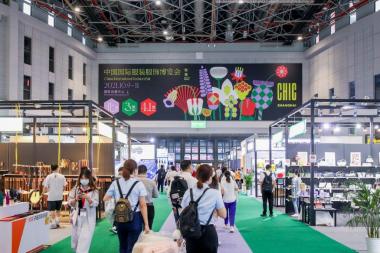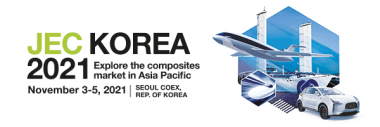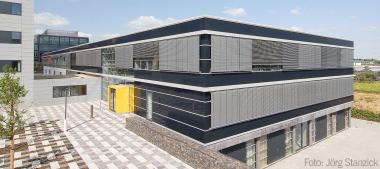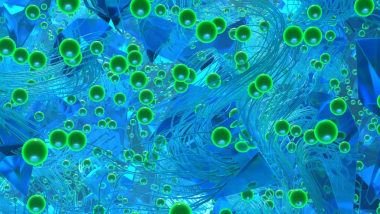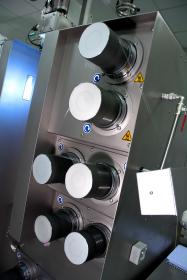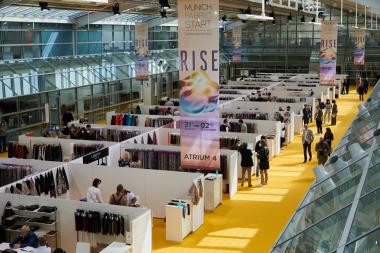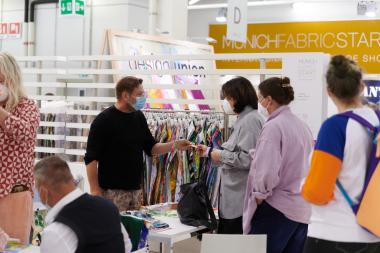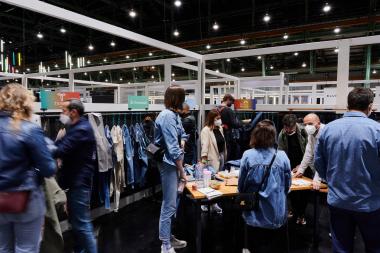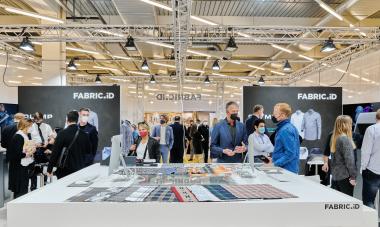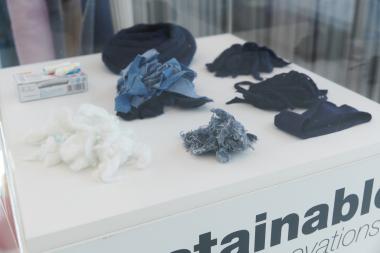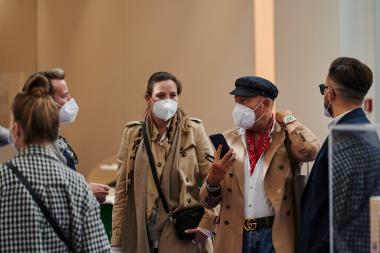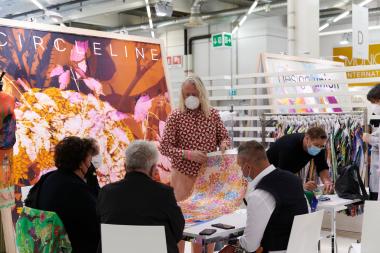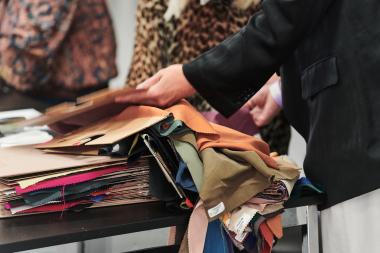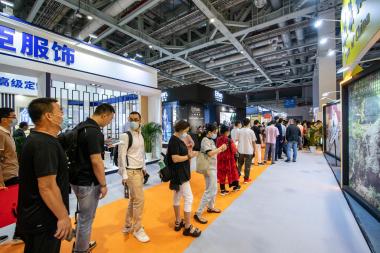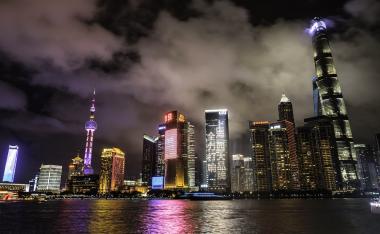CHIC fueled fashion business in Shanghai and Shenzhen
- CHIC Shanghai successfully completed under high safety and hygiene conditions
- The trend hotspot for the Chinese sales market: Lively interest of more than 20,000 trade visitors in the new collections of the 487 brands at the NECC in Shanghai
- Sustainability in great demand in all areas
- CHIC Shenzhen focuses on trading in the strong sales region of South China and the international clusters Hong Kong and Macao: Date postponed from November to December due to current Covid-19 cases in China
The fashion world of China met at the physical event CHIC Shanghai from October 9-11, 2021 at the National Exhibition and Convention Center in Shanghai
487 exhibitors presented themselves in clearly structured segments on 50,000 square meters. Maximum compliance with the security measures determined the course. Against this background the exhibitors welcomed more than 20,000 trade visitors and reported cheerful orders.
The 487 exhibitors were also satisfied with the business activity and reported successful orders.
Perfect presentation platform: the CHIC Matching area
The expanded matchmaking events at CHIC were also enthusiastically received.
In total, over 37 matchmaking events took place in the specially set up matching area consisting of several presentation platforms and private negotiation rooms at the fair. From company presentations by industry giants such as Shein, through trade fair tours to selected one-on-one discussions, CHIC brought exhibitors and visitors together in a targeted manner. More than 600 participants have been matched by this CHIC event. Among them visitors such as Shein, Walmart, Wang Yi Yan Xuan, Tiktok, BAILIAN GROUP, LIQUN etc, parts of the organizer's broad network.
Continuing growth: sustainable productions
Sustainability is one of the most important consumer trends in China. CHIC played the theme in all exhibition areas; from womenswear, kidswear and menswear to accessories, sustainable collections were represented in all segments.
Design talent and traditional styles
In the IMPULSES area, innovative designer brands showed inspiring trends, high-quality collections and fashion variety like Kmusso, MIJA or Yu Jian Tian with its new design collection made by natural materials such as mulberry silk and wool, presenting the unique traditional Chinese style.
CHIC Shanghai presented the entire range of the fashion business in a total of 12 exhibition segments. This year's acclaimed visual concept, created by lava beijing, has been awarded the Bronze Award of the Hiiibrand Awards 2021 in the Identity category.
Digital tools and physical events
In addition to the on-site trade fair offer, CHIC is expanding its reach through the consistent use of digital tools. The CHIC app combines all the functions needed for a successful trade fair participation, from the digital trade fair catalog and matchmaking to direct appointments and live chats for all participants who cannot be on site.
The next CHIC in Shanghai will take place in March 2022.
CHIC / JANDALI


